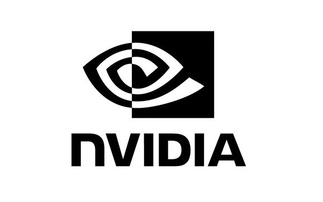Payment service will warn and block old browsers as part of attempts to stop phishing attacks
There is no silver bullet approach to tackle online crime, says PayPal PayPal will block older versions of popular web browsers as part of its attempts to tackle phishing. The online payments...
To continue reading this article...
Join Computing
- Unlimited access to real-time news, analysis and opinion from the technology industry
- Receive important and breaking news in our daily newsletter
- Be the first to hear about our events and awards programmes
- Join live member only interviews with IT leaders at the ‘IT Lounge’; your chance to ask your burning tech questions and have them answered
- Access to the Computing Delta hub providing market intelligence and research
- Receive our members-only newsletter with exclusive opinion pieces from senior IT Leaders

















